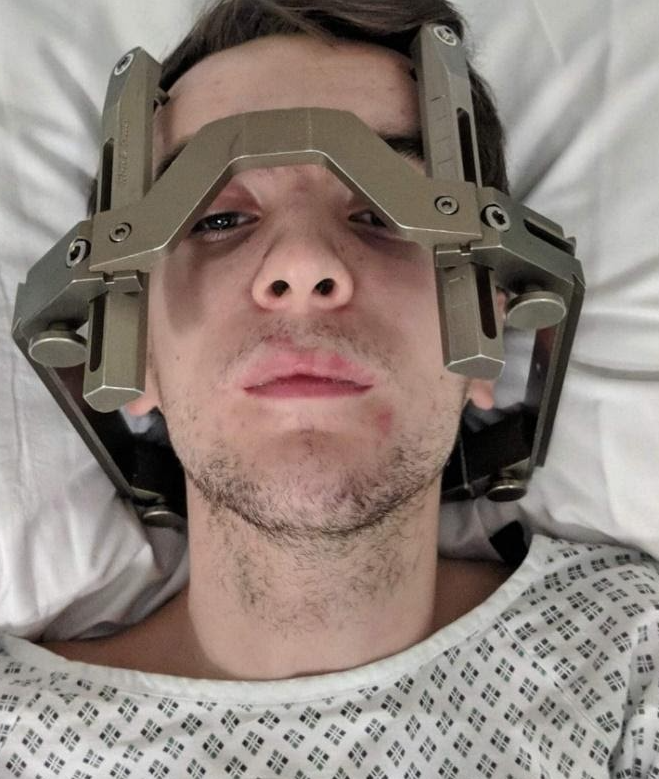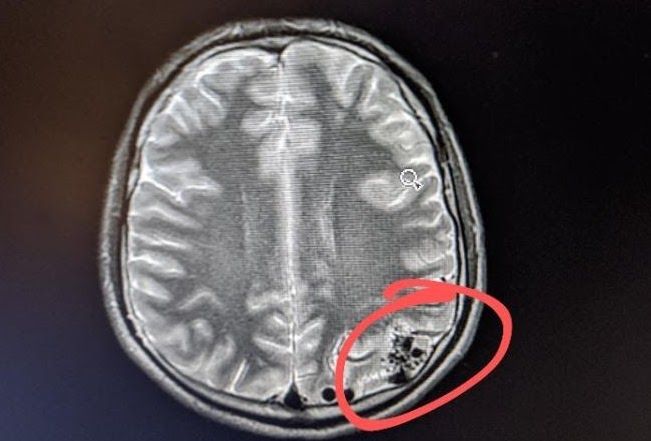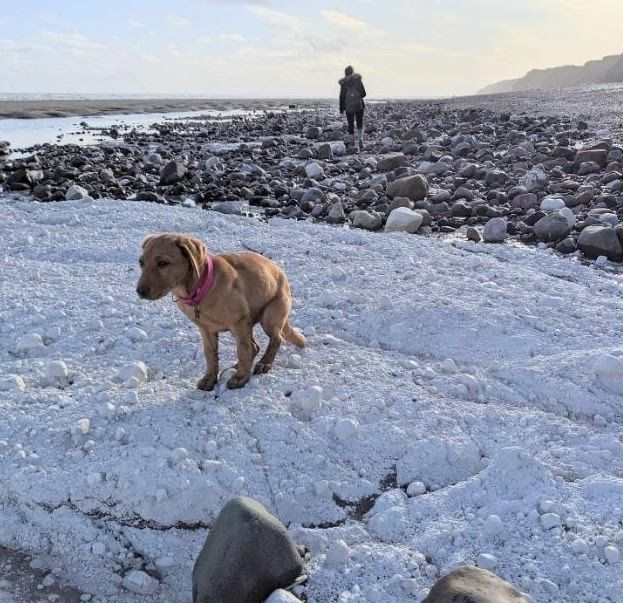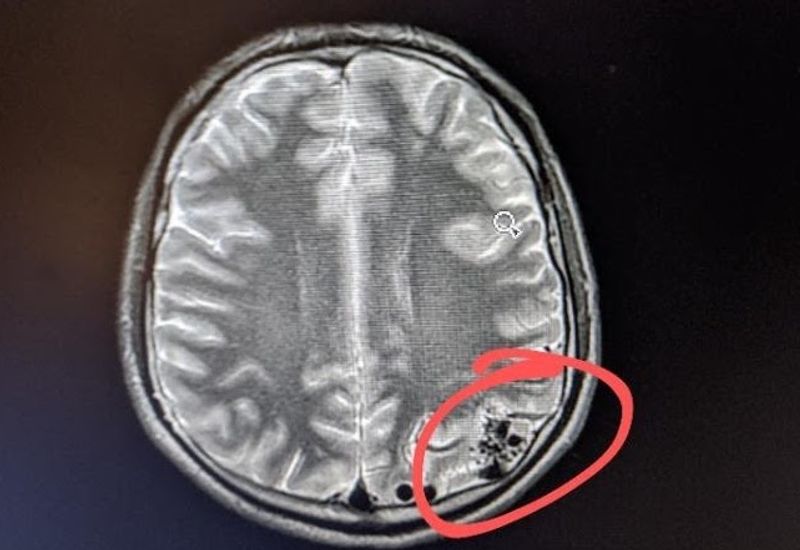A student tells the powerful story of how his diagnosis with an extremely rare condition changed his life.
After two years of studying Real Estate at Sheffield Hallam University, I began my placement year back home in Hull. I worked at the Valuation Office Agency dealing with commercial business rates.
On the 27th of August 2019, I went to work. Little did I know my life was about to change forever.
I woke up in the hospital with my manager beside me and had no idea how I got there or what had happened to me. My manager explained that while I was speaking to a colleague, I had blacked out and had a seizure.
While awaiting the results of my MRI scan, I did not know what to think. I had little to no knowledge of seizures, and I was under the impression they could happen randomly or as a result of epilepsy.
After four days at the hospital, I was diagnosed with an Arteriovenous Malformation (AVM) of the left parietal lobe. I had never heard of AVM before, but the condition arises as a result of an abnormal connection between the arteries and veins in the brain. Inside most people’s brains, the blood pressure should gradually reduce between the arteries and veins. However, in my brain, there is no capillary network in that section of my brain. This means that the brain is pumping overtime, causing a weakness in the wall and an aneurysm in my brain- something that could rupture at any moment.
Only 16/10000 people are diagnosed with AVM, and only about 10% of those people have seizures from it. Some people discover their AVM after their aneurysm ruptures with minimal chance of survival, or they discover it accidentally when receiving other unrelated treatments or scans.
Thankfully now that the AVM has been discovered, I have been able to seek treatment. After appointments with my consultant, gamma knife surgery was chosen as it was the least invasive procedure. The purpose of the surgery is to scar up the vein network and redirect the blood flow which aims to prevent my aneurysm from rupturing. The radiation takes a very long time to slowly change the blood flow in the brain, and I will have to wait up to four years to find out whether this treatment has worked or not. The picture below features me wearing a protective frame before undergoing gamma knife surgery.

The CT scan below highlights the AVM in the left side of my brain. It is in the area known as the visual cortex and motor strip which is responsible for 50% of my vision, as well as the movement on the right-hand side of my body.

It is surprising how your life can be fine one minute before getting flipped upside-down the next. At first, the diagnosis knocked my confidence. I cried every day and I just wanted to give up. But I knew I couldn’t give up, I had to take the positives from this experience and make the most of my life. It made me realise just how lucky I was to still be here. There will still be bad days where I worry about my AVM rupturing or the potential for me to lose half of my vision or even face paralysis due to the side effects of treatment, but if we all gave up when the odds were against us then we wouldn’t get anywhere in life.
There have been also some benefits to this experience; I decided to do things that I had always wanted to do but had never dared to do prior, which is why I got myself a puppy. She is called Bella and she’s a lovely fox-red labrador. Bella gives me a reason to smile and reminds me to stay positive. She now joins me and my girlfriend, Holly, when we go fossil hunting on the Holderness Coast, something which always reminds me that life is truly wonderful.
As a placement student, my motivation was to make money and become ‘successful’. However, this whole experience has taught me that there’s far more to life than your career. In hindsight, I regret having such a narrow focus and not valuing what I have and what I can do for others. In the future, I want to do more for charity as I have experienced first-hand how positive support can be. I received great support from a charity back at home called ‘P.A.U.L. For Brain Recovery’. Being able to talk about my experience and emotions helped me to accept what had happened and it helped me to feel hopeful about the future again. I aspire to be able to help out others in a similar position to me, as nobody deserves to go through this alone. One person can make a huge difference to people in that situation.

I would like to thank the NHS for the care and support I received during my treatment at Sheffield Hallamshire and Hull Royal Infirmary. Despite the Covid-19 restrictions, each member of staff remained committed to providing me with all the care I needed.
Whatever battles you are facing, remember to appreciate what life has to offer, no matter how simple those pleasures may seem to you. I will keep battling and, in four years, I will hopefully be free of this horrible brain condition. Until then, I will be grateful for every day I have.
Have you got an inspiring story? Join our panel today and let us know - you'll get 1000 reward points when you sign up.













